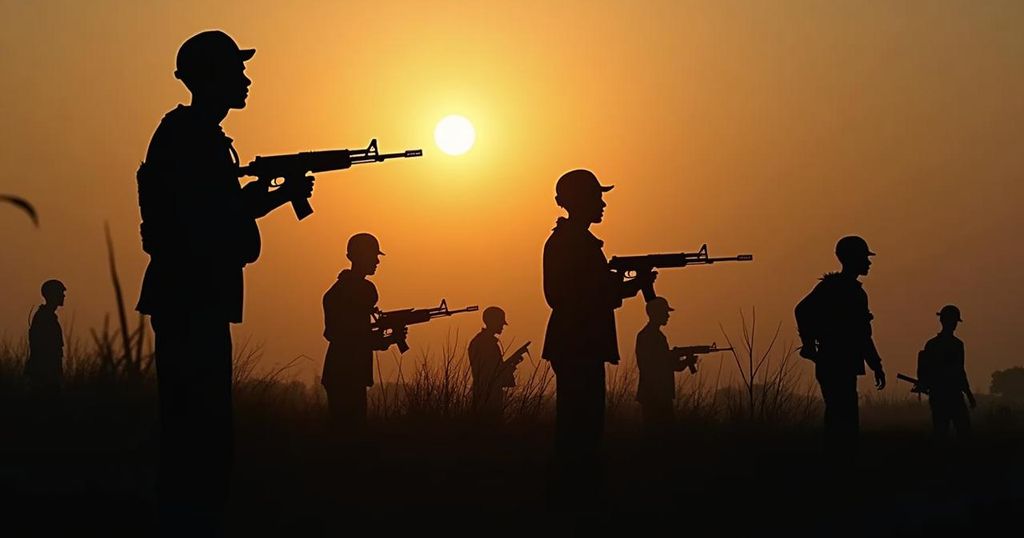Covering the Wagner Group: Insights from Nigerian Journalist Philip Obaji Jr.
Nigerian journalist Philip Obaji Jr. has been investigating the Wagner Group’s operations in Africa since 2018, focusing on human rights abuses and disinformation tactics. His coverage, motivated by the tragic murder of fellow journalists, has won him prestigious awards. Despite significant personal risks, including threats to his life, Obaji’s commitment to revealing the truth about the group’s operations remains steadfast. He recently received a fellowship to further explore Wagner’s activities following the death of its founder, Yevgeny Prigozhin.
In an in-depth interview, Nigerian journalist Philip Obaji Jr. reflects on his long-standing coverage of the Wagner Group in Africa since 2018, detailing his experiences investigating coups, security contracts, and human rights abuses. His work has gained recognition, culminating in multiple journalism awards, including the 2023 One World Media Awards International Journalist of the Year and the 2022 Jaime Brunet International Prize. Obaji’s foray into covering the Wagner Group was catalyzed by the tragic murder of three Russian journalists in the Central African Republic while they were there investigating the group’s activities. Motivated by a sense of obligation to these fallen colleagues, he sought to explore the workings and impact of the Wagner Group in Africa, which has been linked to various human rights violations and disinformation activities. Navigating the risks of reporting on such a perilous subject matter, Obaji described the challenges of operating in regions like Central African Republic, where threats to his safety are ever-present due to connections with Wagner operatives. He has reported significant instances of human trafficking and violence linked to the group’s mercenaries, including a harrowing story of a young girl sold into servitude and subsequently victimized by a Wagner mercenary. Furthermore, Obaji has recently received a fellowship from the International Centre for Journalists to continue his investigations into the Wagner Group, focusing on its operations following the death of its leader, Yevgeny Prigozhin. Acknowledging the extraordinary risks involved, he advises other journalists interested in reporting on the group to cultivate reliable contacts within affected regions and to prepare mentally and physically for the arduous task ahead. His resolute commitment to uncovering the truth reflects a profound sense of responsibility towards his profession and the victims of Wagner’s actions.
The Wagner Group, a private military company associated with former Russian oligarch Yevgeny Prigozhin, has significantly influenced conflicts across Africa, engaging in various activities including military support, security contracts, and alleged human rights abuses. Founded amid Russia’s rising geopolitical ambitions, the group’s involvement in Africa has drawn scrutiny, particularly following incidents of violence and the mysterious deaths of journalists investigating its operations. Understanding Obaji’s work offers insights into the precarious environment journalists face when reporting on such organizations as they navigate issues of safety, credibility, and ethical journalism amid the chaos of war and oppressive regimes.
Philip Obaji Jr.’s experiences encapsulate the dangers and ethical responsibilities inherent in reporting on groups like the Wagner Group. His work underscores the importance of investigative journalism, particularly in regions plagued by violence and human rights abuses. As he continues his investigations with a renewed focus following Prigozhin’s demise, his story emphasizes the need for fortified support networks for journalists working in hostile environments and highlights the ongoing struggle for truth in the face of intimidation and danger.
Original Source: reutersinstitute.politics.ox.ac.uk








Post Comment